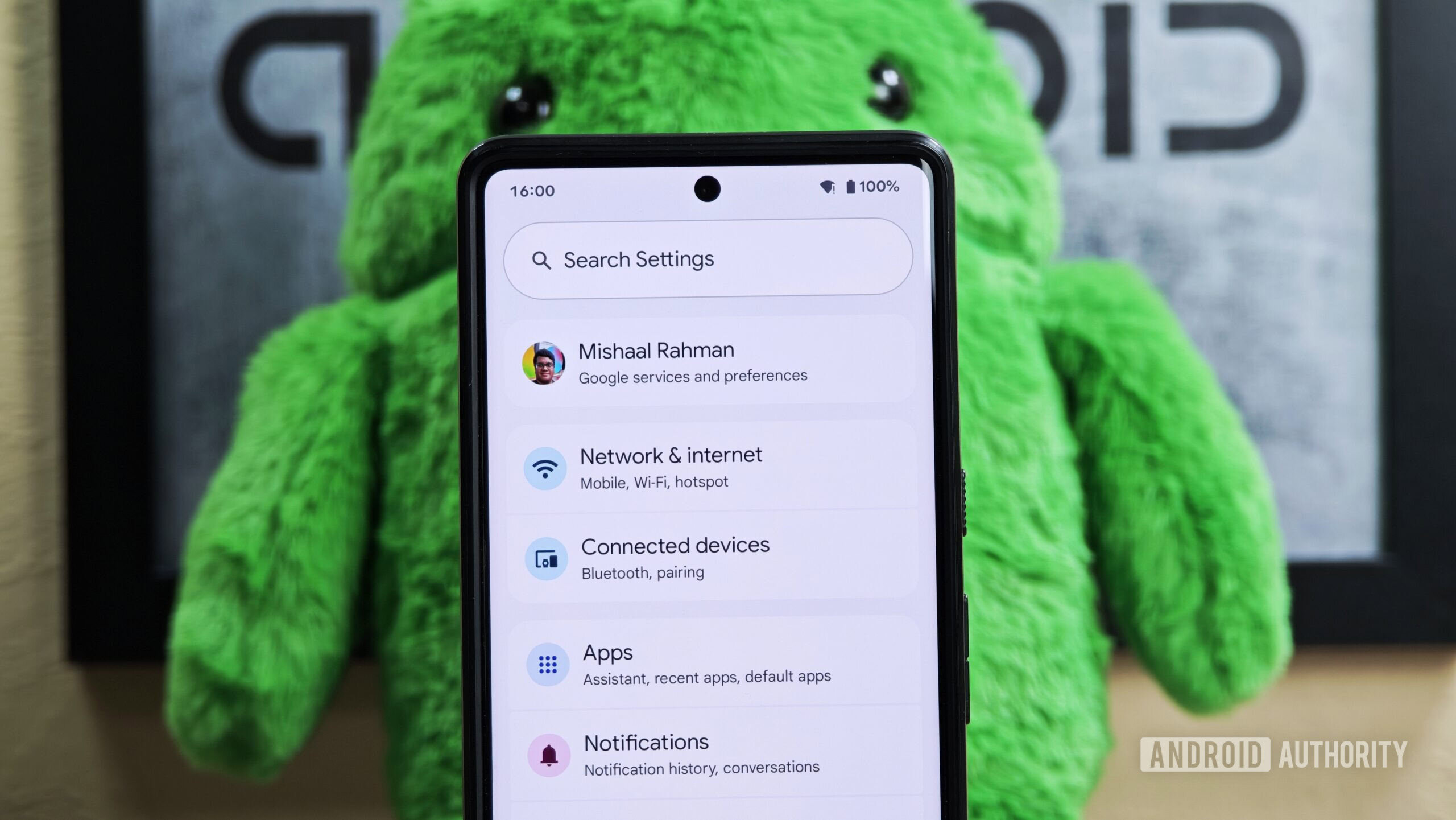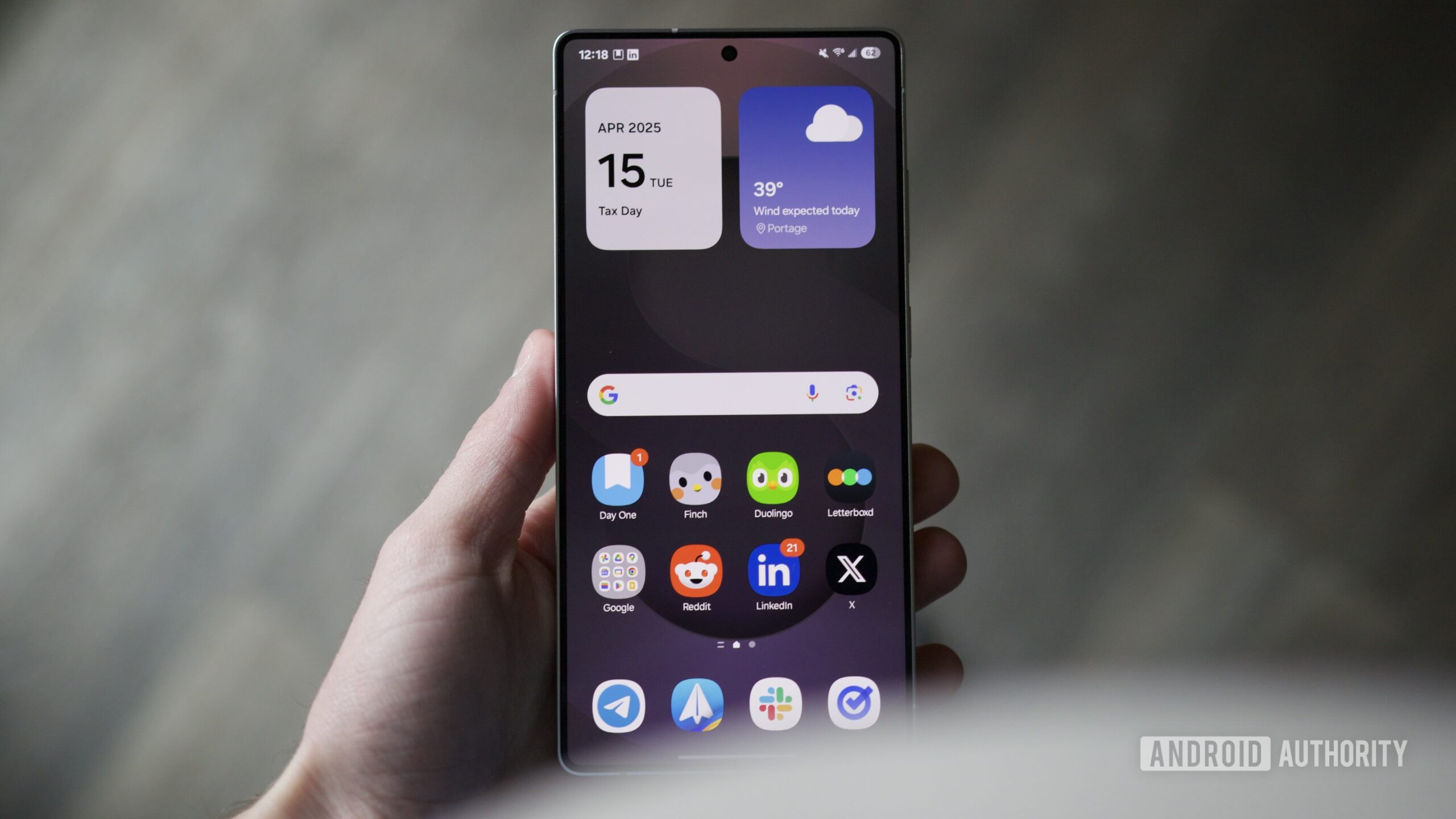Digital Forensics: Investigating and Analyzing Digital Evidence
Discover the secrets hidden in digital devices with Digital Forensics. Our expert team can help you uncover the truth. Contact us today to get started! #DigitalForensics

Digital Forensics is the process of collecting, analyzing, and preserving digital evidence in a manner that is admissible in a court of law. In today's digital age, digital forensics has become an essential component of criminal investigations, corporate investigations, and civil litigation. The field of digital forensics is constantly evolving, and the tools and techniques used by digital forensic examiners are becoming more sophisticated.
What is Digital Forensics?
Digital Forensics is the scientific examination and analysis of digital evidence in support of legal proceedings. It involves the collection, preservation, and analysis of data from digital devices, networks, and storage media. Digital Forensics is used in various domains such as law enforcement, corporate investigations, intellectual property theft, cybercrime investigations, and civil litigation.
Click Here to Get Sample Premium Report @
https://www.marketresearchfuture.com/sample_request/1522
The Importance of Digital Forensics
Digital Forensics plays a crucial role in criminal investigations, corporate investigations, and civil litigation. Digital evidence can provide critical information such as the identity of the perpetrator, the location of the crime, and the motive behind the crime. Digital Forensics can also help to identify the source of a data breach, trace the origin of a cyber attack, and recover lost or deleted data.
Types of Digital Forensics
Digital Forensics can be broadly classified into two categories - Computer Forensics and Network Forensics.
1. Computer Forensics
Computer Forensics involves the collection, analysis, and preservation of data from digital devices such as desktop computers, laptops, mobile phones, and storage media such as hard drives, USB drives, and memory cards. Computer Forensics is used in various domains such as criminal investigations, corporate investigations, and civil litigation.
2. Network Forensics
Network Forensics involves the collection, analysis, and preservation of data from network devices such as routers, switches, and firewalls. Network Forensics is used to investigate cyber attacks, data breaches, and other network-related incidents.
Digital Forensics Process
The Digital Forensics process involves several stages, including Identification, Collection, Preservation, Analysis, and Presentation of Digital Evidence.
1. Identification
The Identification stage involves identifying potential sources of digital evidence. This may include devices such as desktop computers, laptops, mobile phones, and storage media such as hard drives, USB drives, and memory cards.
2. Collection
The Collection stage involves collecting digital evidence in a forensically sound manner. This involves making a bit-by-bit copy of the original device, which ensures that the original data is not modified or tampered with.
3. Preservation
The Preservation stage involves preserving the integrity of the digital evidence. This involves storing the digital evidence in a secure location and ensuring that it is not tampered with or modified in any way.
4. Analysis
The Analysis stage involves analyzing the digital evidence using various tools and techniques. This may include recovering deleted files, analyzing internet history, and identifying network connections.
5. Presentation
The Presentation stage involves presenting the digital evidence in a format that is admissible in a court of law. This may include creating a report, presenting evidence in court, and providing expert testimony.
Digital Forensics Tools
Digital Forensics tools are used to collect, analyze, and preserve digital evidence. Some of the popular Digital Forensics tools include Encase, FTK (Forensic Tool Kit), Autopsy, and X-Ways Forensics.
Digital Forensics Challenges
Digital Forensics faces several challenges, including Encryption, Cloud Computing, and Anti-Forensic Techniques.
1. Encryption
Encryption is the process of converting data into a coded language to prevent unauthorized access. Encryption can make it difficult to access digital evidence, which can hinder the digital forensic investigation.
2. Cloud Computing
Cloud Computing involves storing and accessing data over the internet. The data is stored in a remote server, which can make it difficult to access and collect digital evidence. Cloud service providers may also have different policies regarding data retention and access, which can complicate the digital forensic investigation.
3. Anti-Forensic Techniques
Anti-Forensic Techniques are used to conceal or destroy digital evidence. These techniques can include deleting files, wiping hard drives, and using encryption. Anti-Forensic Techniques can make it difficult to collect and analyze digital evidence, which can hinder the digital forensic investigation.
Browse Full Report Details @
https://www.marketresearchfuture.com/reports/digital-forensics-market-1522
Conclusion
Digital Forensics plays a critical role in criminal investigations, corporate investigations, and civil litigation. It involves the collection, analysis, and preservation of digital evidence in a forensically sound manner. Digital Forensics is constantly evolving, and the challenges faced by digital forensic examiners are becoming more complex. However, with the help of sophisticated tools and techniques, digital forensic examiners are able to analyze and present digital evidence in a format that is admissible in a court of law.
Realted Reports:
About Market Research Future (MRFR):
Market Research Future (MRFR) is a global market research company that takes pride in its services, offering a complete and accurate analysis with regard to diverse markets and consumers worldwide. MRFR’s approach combines the proprietary information with various data sources to give an extensive understanding to the client about the latest key developments, expected events and also about what action to take based on these aspects.
Contact
Market Research Future (Part of Wantstats Research and Media Private Limited)
99 Hudson Street, 5Th Floor
New York, NY 10013
United States of America
+1 628 258 0071 (US)
+44 2035 002 764 (UK)
Email: sales@marketresearchfuture.com
Website: https://www.marketresearchfuture.com
What's Your Reaction?
 Like
0
Like
0
 Dislike
0
Dislike
0
 Love
0
Love
0
 Funny
0
Funny
0
 Angry
0
Angry
0
 Sad
0
Sad
0
 Wow
0
Wow
0





















































